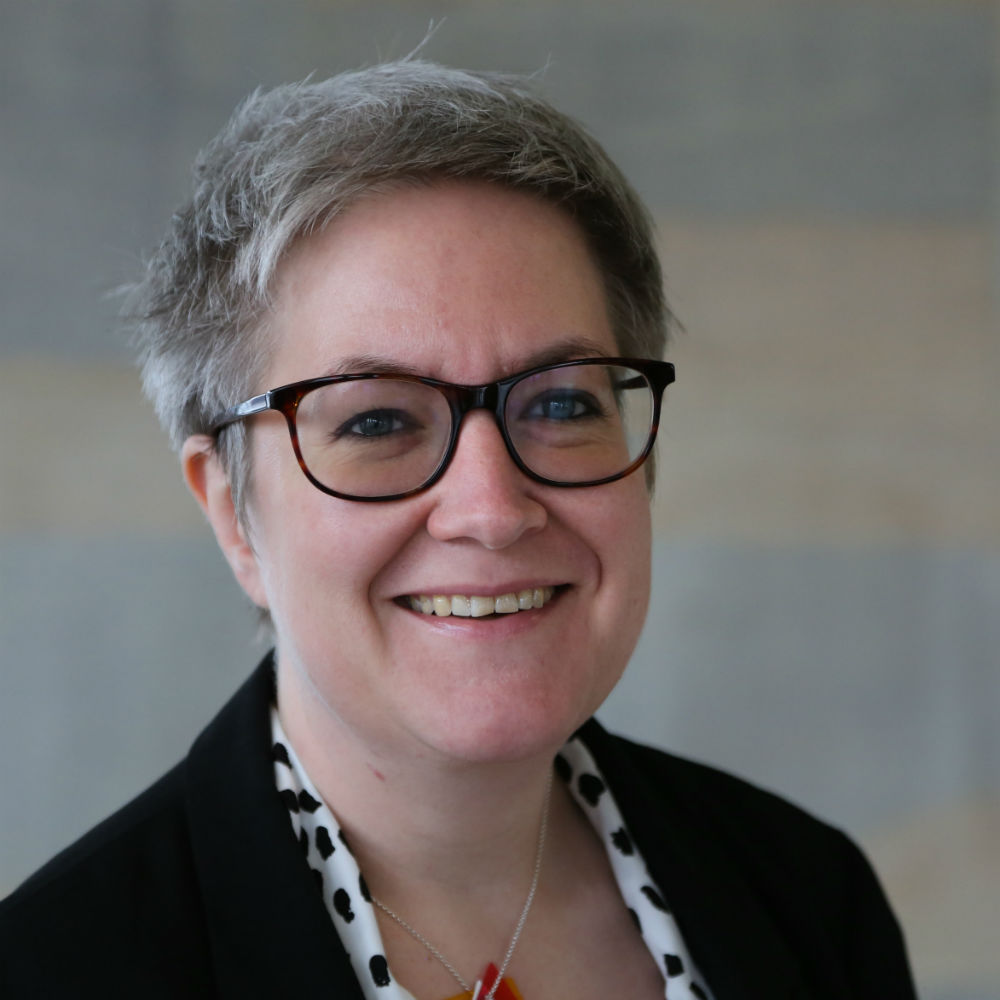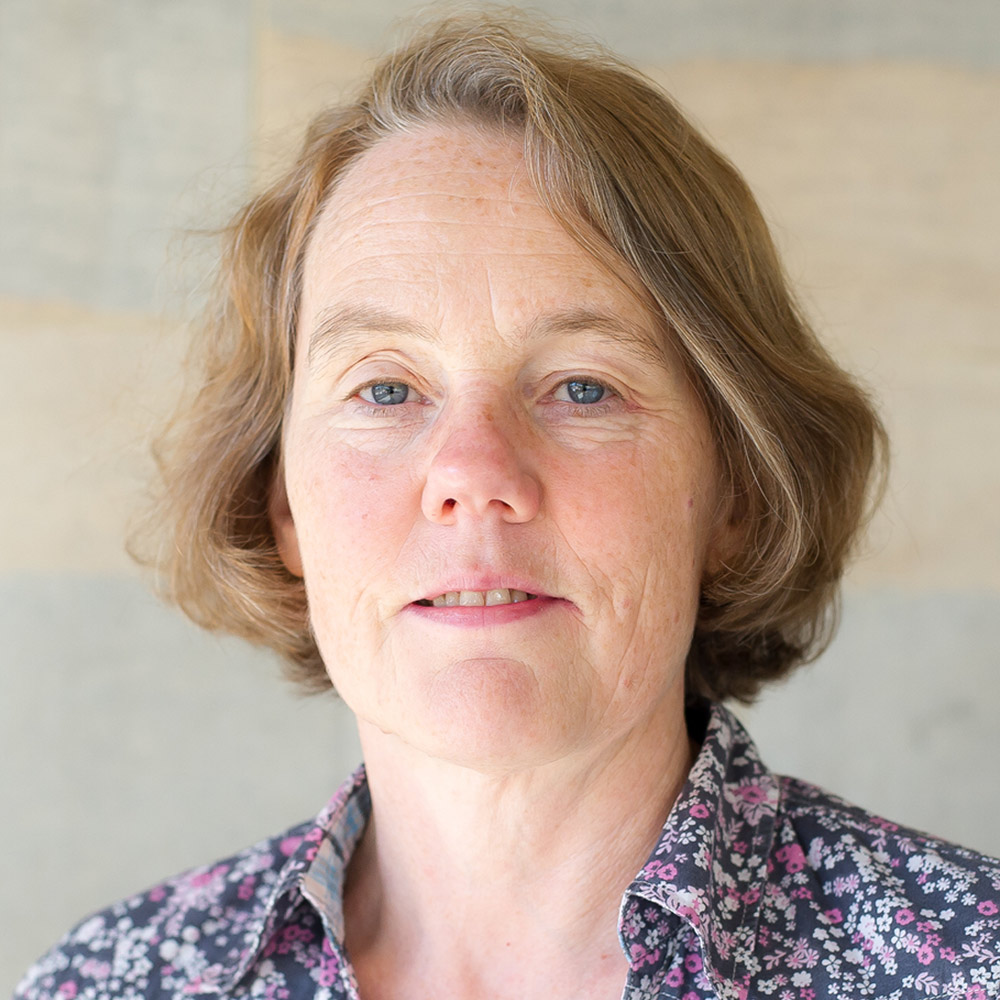Race, Gender, and Identity

We use race and gender alongside other key analytical categories, such as class, sexuality, age, ethnicity and nationality, in order to understand how these various overlapping systems of power shaped (and continue to shape) people’s lives, opportunities and identities.
We are also interested in how the categories of ‘race’ and ‘gender’ have been historically constructed and when and how they are contested and transformed. Interdisciplinary in approach, our scholarship draws on a range of sources (from the manuscript records of early modern witch-trials to oral history interviews with women in 20th-century Britain), affording rich and textured evidence on the contested meanings of identity in history.
Research strands
There are three major strands to our research within this cluster.
- Research on the history of the African Diaspora, with a particular interest in the transatlantic slave trade; the African roots of Brazilian Capoeira; the legal and humanitarian dimensions of the infamous Zong massacre; and diasporic identities as expressed in African biographical narratives from the era of the slave trade.
- Gender and identity in early modern Europe, with particular focus on witchcraft beliefs and witch-persecution in Germany; the gendering of space and its use in English households and communities; and the medical and healing practices in families, communities, and professions in France and Britain.
- Research into the interaction of ideas and experiences of body, mind and self in 20th-century Britain, with particular focus on the effects of post-war contraception methods on women’s experiences, understandings of bodily health, and emotional wellbeing.
Research supervision
Our expert staff are happy to supervise postgraduate research in all of these areas. Please contact them directly for more information about supervision, or explore our research degrees and what to expect from a degree in the School of Philosophical, Historical, and Interdisciplinary Studies. You can also find out how to apply for postgraduate research at Essex, or use research finder if you are interested in searching for further research opportunities at Essex.
Research projects
Cluster Lead
Our members



History degrees
Are you looking to study a history degree at undergraduate, masters or PhD level? In the School of Philosophical, Historical, and Interdisciplinary Studies, we have a variety of courses to choose from which cover a broad range of subjects. These include; modern history, art history, criminology, economics, literature, human rights, international relations, politics, film, and culture and society.
A degree in history is essential in helping to shape our future. Explore our courses, or visit our subject area to find out more about the degrees and modules that Essex has to offer.

Use our research finder to explore research supervision opportunities, and learn more about the exciting research projects, groups and centres our academics and students are actively involved in at the University of Essex. You can also search for publications and seek out further opportunities for research collaboration. Simply search for your area of interest.



